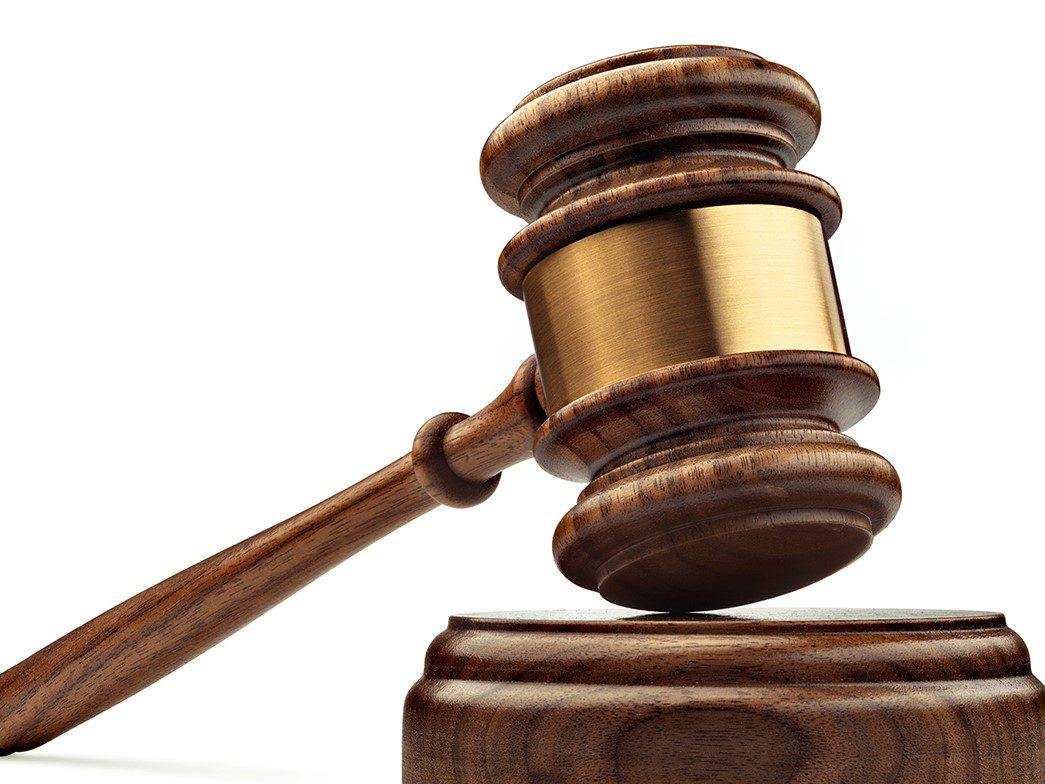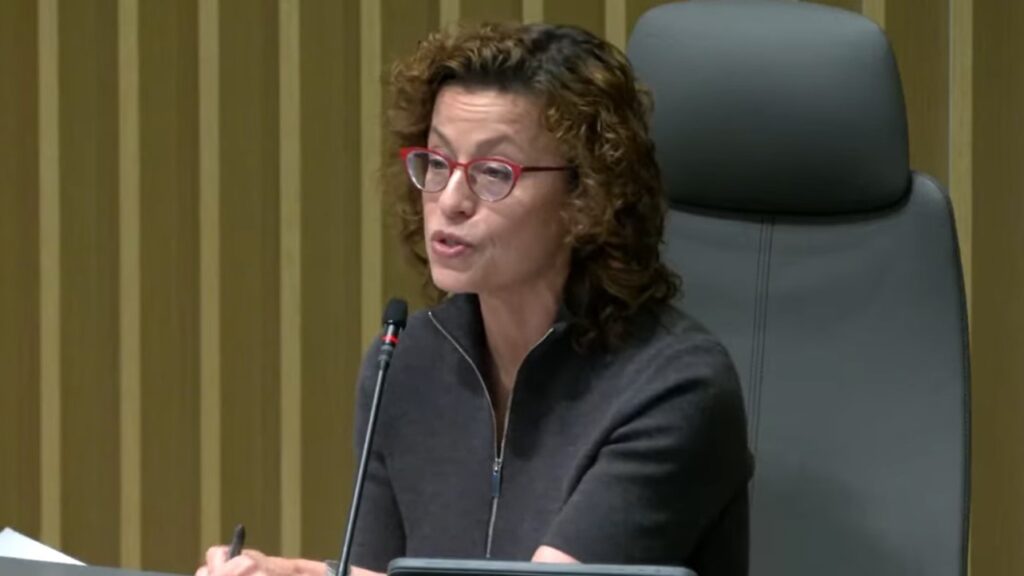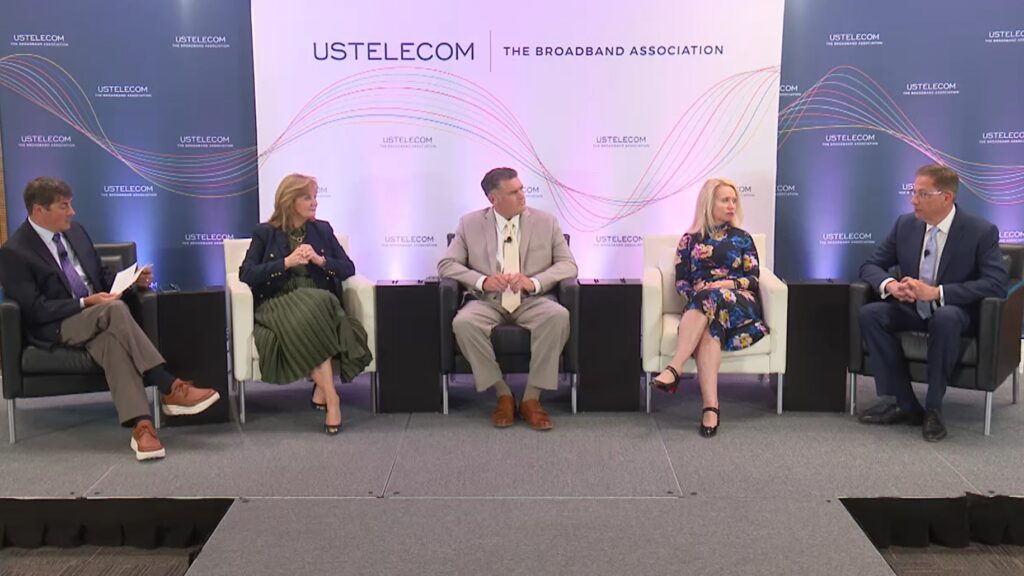Supreme Court Weakens Influence of FCC Policy on Lower Courts
Randy Sukow
|

The U.S. Supreme Court today in the case of McLaughlin Chiropractic Associates v. McKesson Corp., said that FCC policy decisions are not exclusively reviewable by federal courts of appeal. Lower courts are free to interpret statues without accepting FCC interpretations.
The decision follows a pattern of opinions reducing the influence of federal agencies on judicial review, most notably the 2024 Loper Bright Enterprises V. Raimondo, which struck down the 40-year-old Chevron deference.
The case involves a district court ruling in a class-action lawsuit finding that a firm had delivered unsolicited fax advertisements to several parties in violation of the Telephone Consumer Protection Act (TCPA). During the suit, the FCC adopted a declaratory ruling that TCPA did not apply to faxes delivered through an online fax service. The Ninth Circuit Court of Appeals, referring to judicial review portions of the 1946 Hobbs Act, decertified the class suing the fax company based on the declaratory ruling. Today’s opinion reverses and remands the Ninth Circuit decision.
“The District Court is not bound by the FCC’s interpretation of the TCPA,” Justice Brett Kavanaugh wrote for the 6-3 majority. “The District Court should interpret the statute as courts traditionally do under ordinary principles of statutory interpretation, affording appropriate respect to the agency’s interpretation.”
“The text of the Hobbs Act makes clear that litigants who have declined to seek pre-enforcement judicial review may not contest the statutory validity of agency action in later district-court enforcement proceedings,” Justice Elena Kagan said in a dissenting opinion. “Today’s majority evades the Hobbs Act’s most natural meaning by relying on a novel ‘default rule’ … That rule has no foundation in our law; it emerges fully formed today from the majority’s head.”
The Supreme Court has a handful of additional cases to decide this month. Many in the telecommunications industry awaits release of FCC v. Consumers’ Research, which looks at the constitutionality of the current Universal Service Fund’s contribution process. During oral arguments in March, the justices seemed skeptical that the fees in consumer bills to fund USF should be considered unconstitutional taxation. The court is likely to hand down an opinion on June 26.


